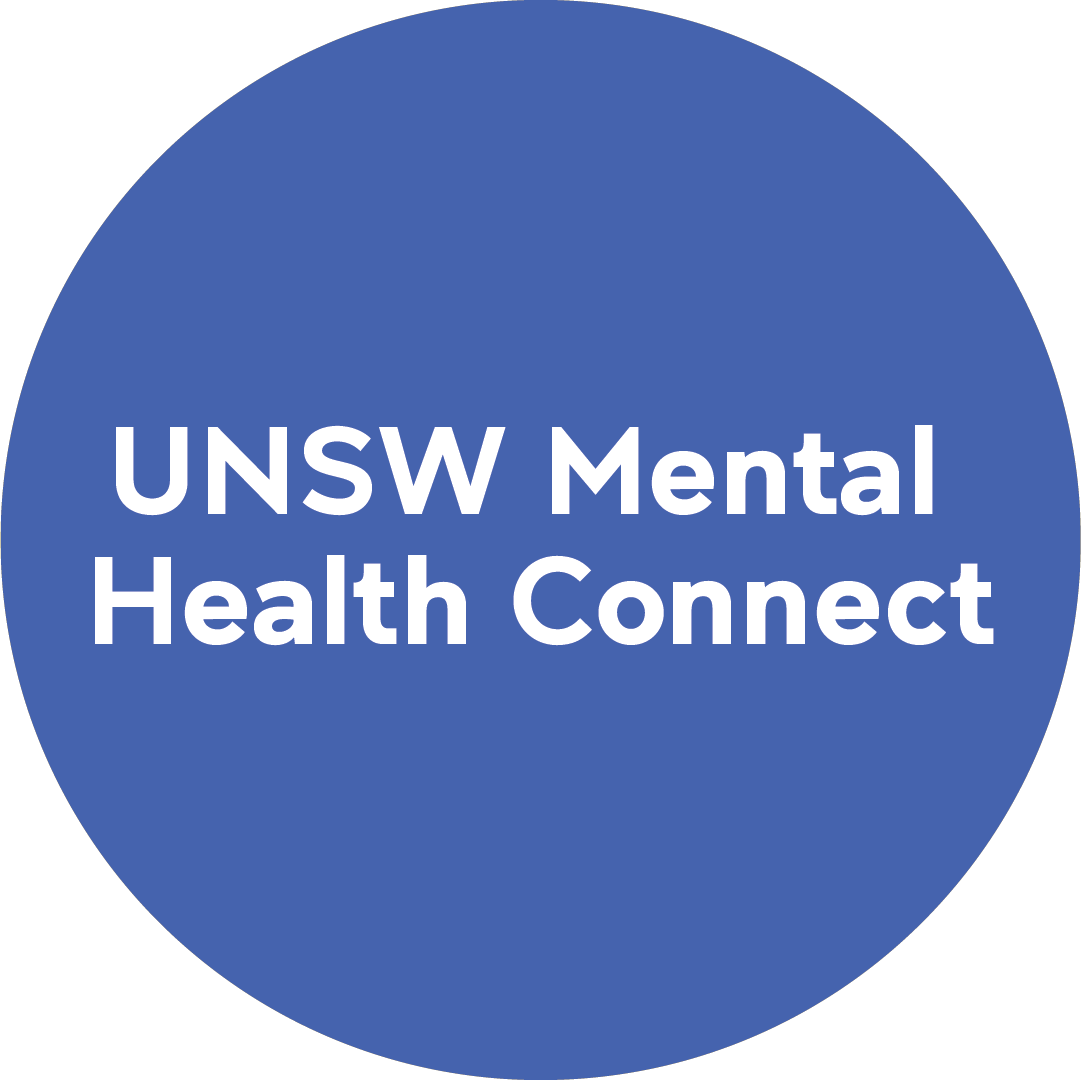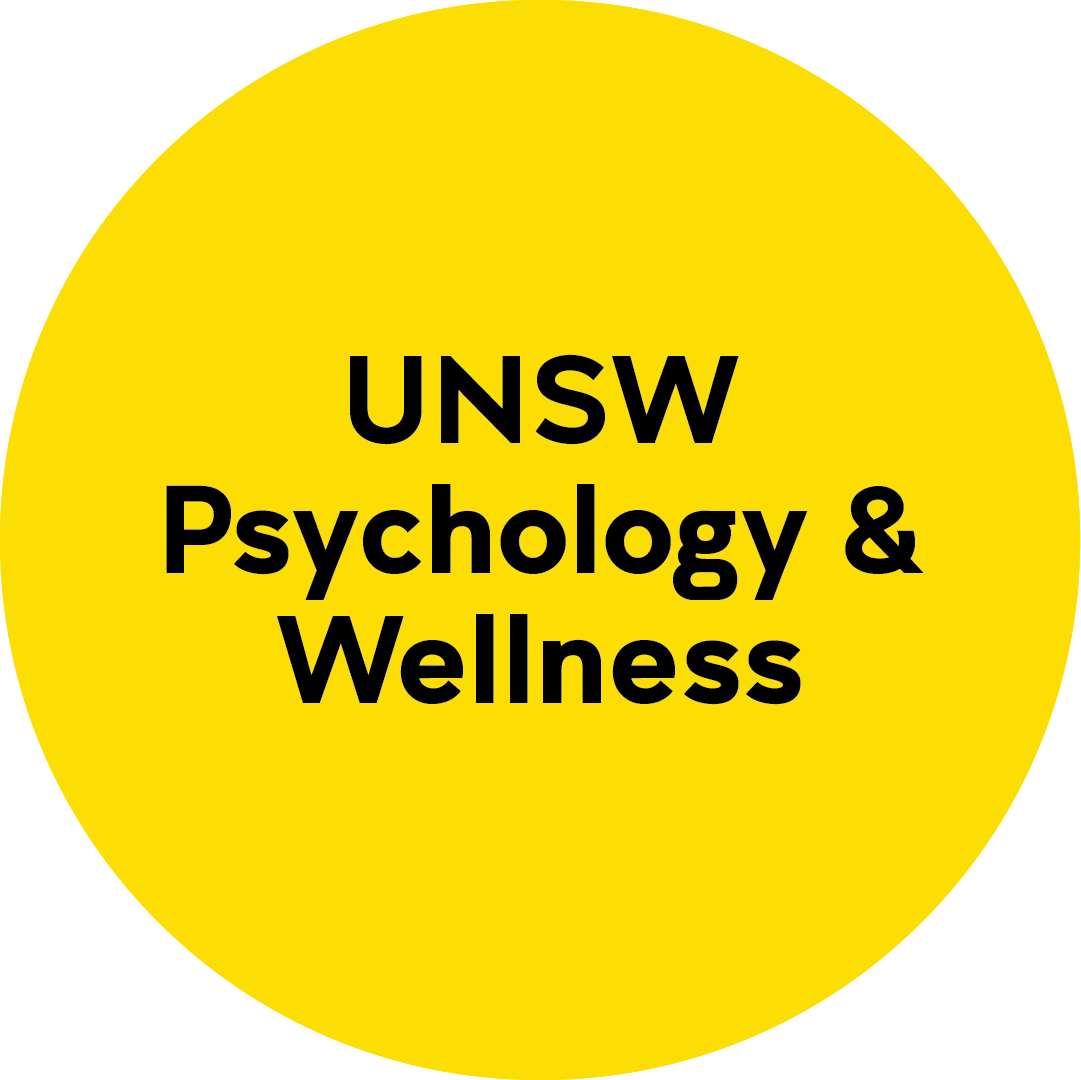How do I Remove a Member?
In some circumstances, it is possible for a Club to terminate an individual’s Club membership, although this must be for a valid reason (such as misconduct, harassment or bullying) and must be approved by a General Meeting of your Club. Under no circumstances does the Club Executive (independently or as a group) have the right to terminate an individual’s Club membership. To terminate membership, the following procedure must be followed:
- A motion must be passed by the Executive or the Executive are petitioned by at least fifteen (15) members to initiate proceedings.
- All Club members must be notified of the proceedings by a motion on notice at an Extraordinary General Meeting.
- The member/s concerned must be notified in writing of the proceedings as well as the reasons at least seven (7) days before the meeting.
- The member concerned is given at least five (5) minutes to speak against the motion at the EGM.
- For termination to be accepted, the motion must be carried by a majority at the EGM.
If any Club member or Executive feels that they have had their membership wrongfully terminated, they have the right to appeal to the Student Development Committee (SDC, a subcommittee of the Arc Board), who will arrive at the final resolution of the matter at their absolute discretion. Please email clubs@arc.unsw.edu.au if you have any issues.
An individual member can also decide to terminate their membership to the Club on their own. This should be communicated in writing to the Club's general email and/or the Club Executive responsible for the membership database (usually the Secretary) to ensure that there are records should any disputes arise.
External Mental Health Support
Related Links & Documents













